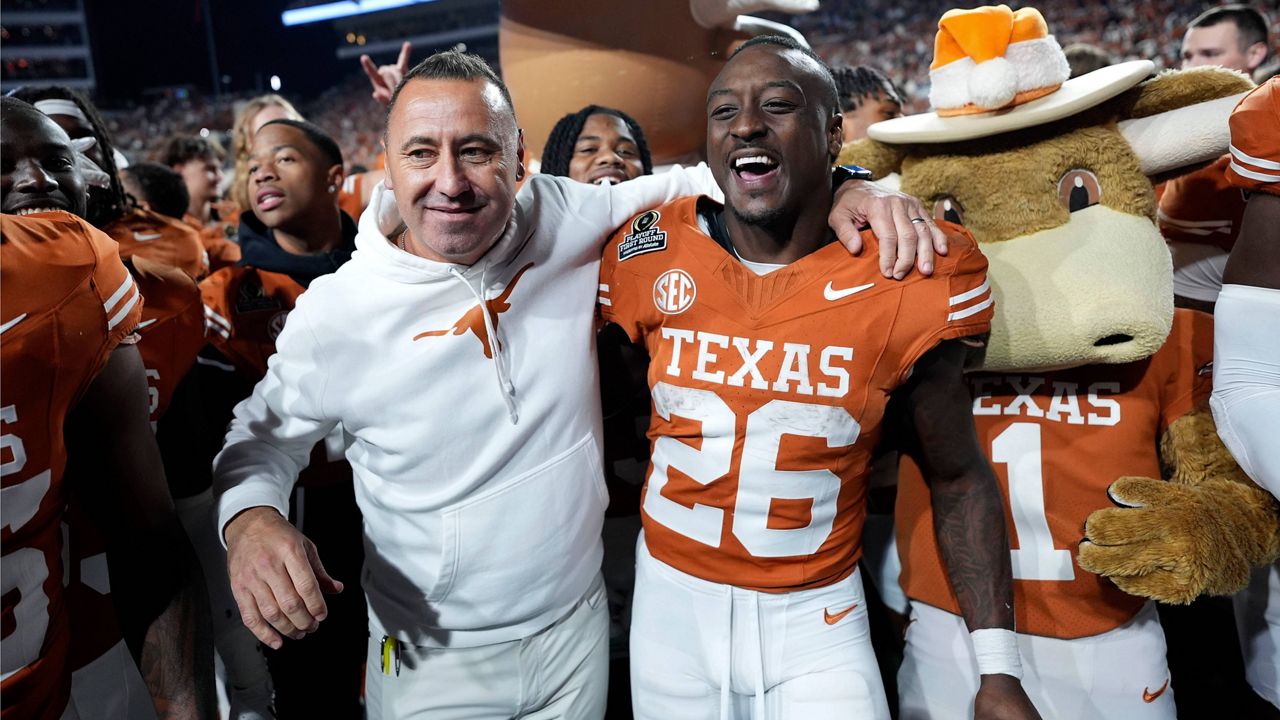Entertainment
AB InBev is making another push into Hollywood-style entertainment with a new primary partner
The beer giant signed startup Superconnector Studios to pitch TV shows and movies around its biggest brands like Bud Light and Stella Artois.
Founded in 2023 by ad veterans Jae Goodman and John Kaplan, Superconnector pitches itself as part management consultancy, part brand entertainment production company, and part consumer brand accelerator.
AB InBev had been building an entertainment division, called DraftLine Entertainment, to develop projects it could sell to streamers like Netflix. AB InBev, like other big marketers, has increasingly turned to Hollywood to get its messaging in front of consumers who are spending more time on ad-free streamers.
But no projects have been announced to date, and DraftLine Entertainment head Lauren Denowitz left the company late last year, citing fallout from its Bud Light partnership with transgender influencer Dylan Mulvaney, which led to protests and falling sales. At the time, the company said its work in entertainment would continue but didn’t elaborate.
AB InBev also previously enlisted Michael Sugar’s production company, Sugar23, best known for the Oscar-winning “Spotlight,” which continues to work on projects with AB InBev.
AB InBev is well known for its marketing, and as such, its moves in branded entertainment are likely to be closely watched by other marketers as they figure out how to navigate Hollywood.
The idea is that hiring a company like Superconnector will give AB InBev entre to an array of Hollywood production companies to codevelop or cofinance projects. Goodman and Kaplan are Hollywood insiders, having started CAA’s first marketing consultancy and helped to establish Nike’s studio arm, Waffle Iron Entertainment.
Many brands have hired production companies, ad agencies, or talent agencies to leverage their relationships and expertise in Hollywood.
Making filmed entertainment takes a shift in mindset that not all companies are ready for, though. Some are still making projects too promotional to resonate as pure entertainment for audiences.
Marketers also have to sell the idea internally to their CFOs, who may be skeptical that such projects will pay off for their business goals. Filmed entertainment takes longer to make than traditional ads and belies conventional ad effectiveness yardsticks because streamers share little audience data. And CMOs often don’t last in their roles very long, so there’s a disincentive to champion projects that take a long time to develop.









